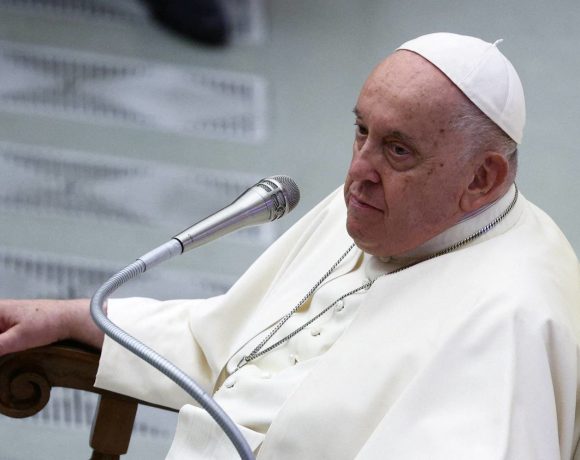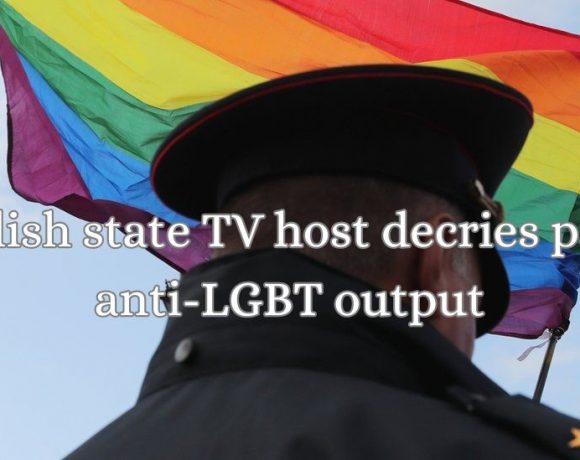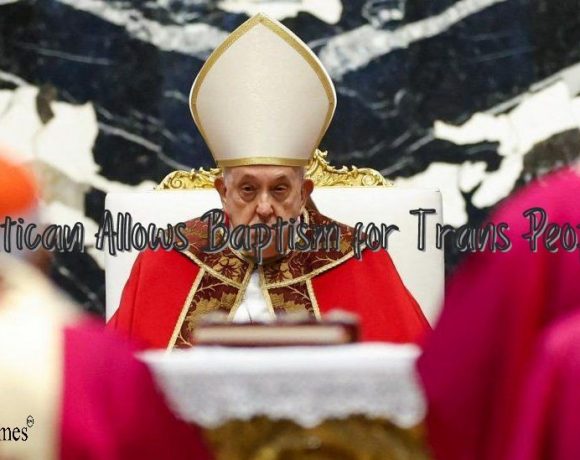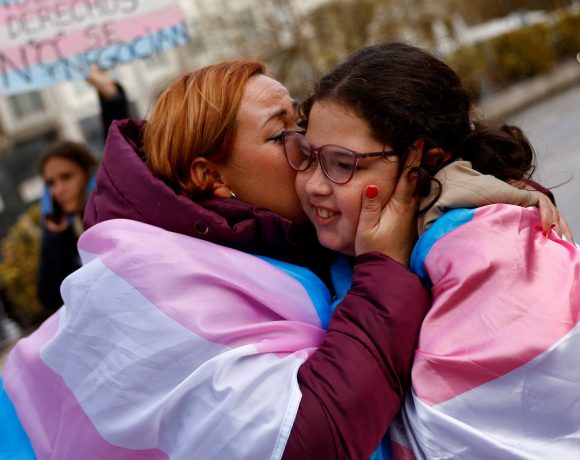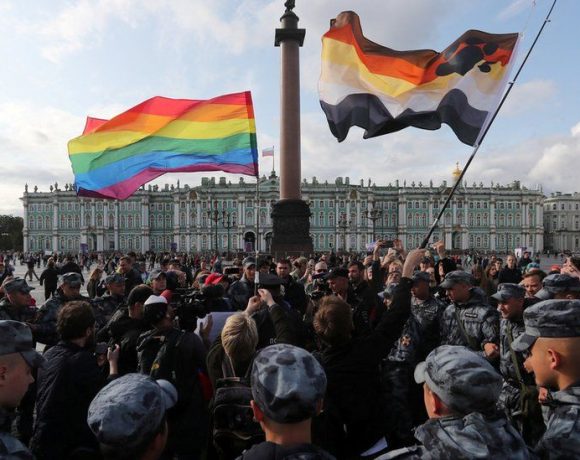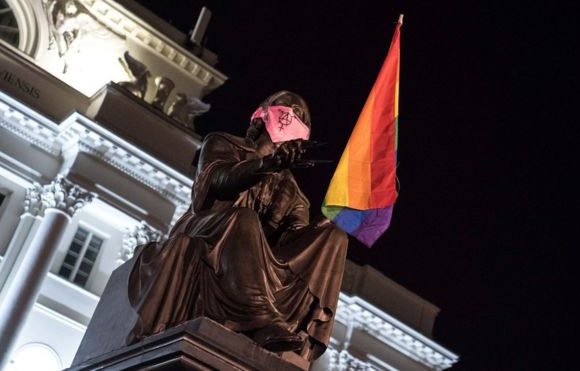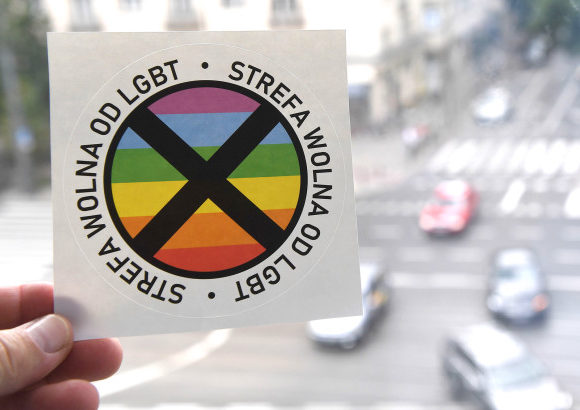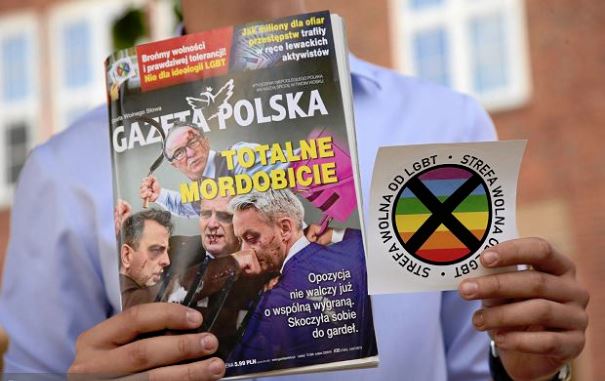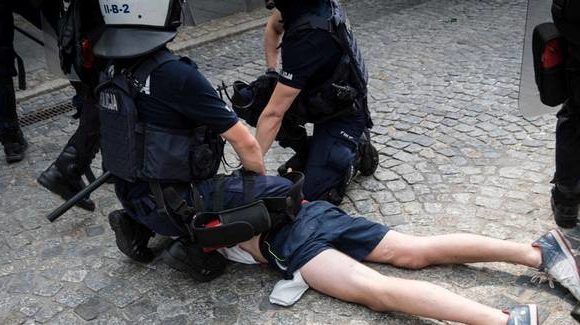
In Kyiv’s central square, thousands of blue and yellow flags honor Ukraine’s fallen soldiers, with a new addition this month: unicorns, symbolizing LGBT soldiers killed in action. These soldiers face inequality, lacking rights like heterosexual troops due to Ukraine’s ban on gay marriage. Rodion, a costume designer, planted a flag for his deceased boyfriend, highlighting the common sacrifice in war regardless of sexual orientation.
Attitudes toward LGBT rights in Ukraine have evolved, but challenges persist. LGBT soldiers endure harassment and discrimination, even as they serve on the front lines. Mariya Volya, who came out amid the Russian invasion, faced backlash but remains determined to advocate for equality, alongside her fiancée Diana.
The recent Pride march in Kyiv, the first since the invasion, underscored these struggles. LGBT soldiers participated, some using the event to come out publicly. Viktor Pylypenko, Ukraine’s first openly gay soldier, has been instrumental in raising awareness and fostering acceptance within the military and society.
However, resistance to LGBT rights remains strong, both in parliament and society, influenced by conservative and religious opposition. A bill for civil partnerships has stalled, reflecting broader societal divisions despite evolving European integration aspirations.
The war with Russia has intensified the urgency for equality among LGBT Ukrainians, though progress is uncertain amid political and social challenges.
Picture Courtesy: Google/images are subject to copyright

